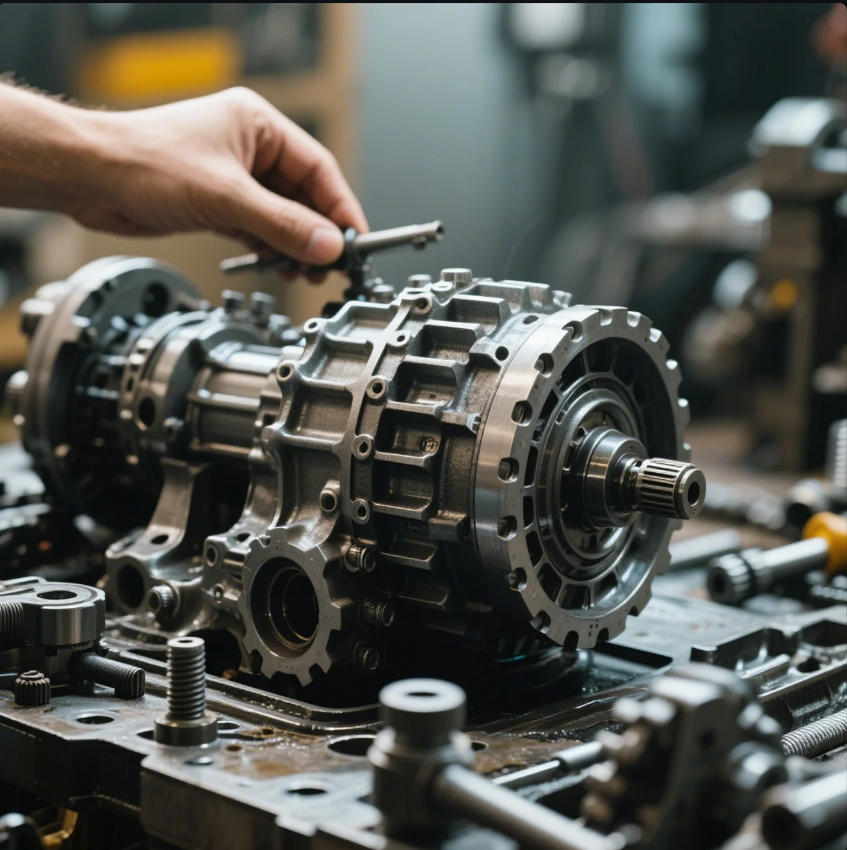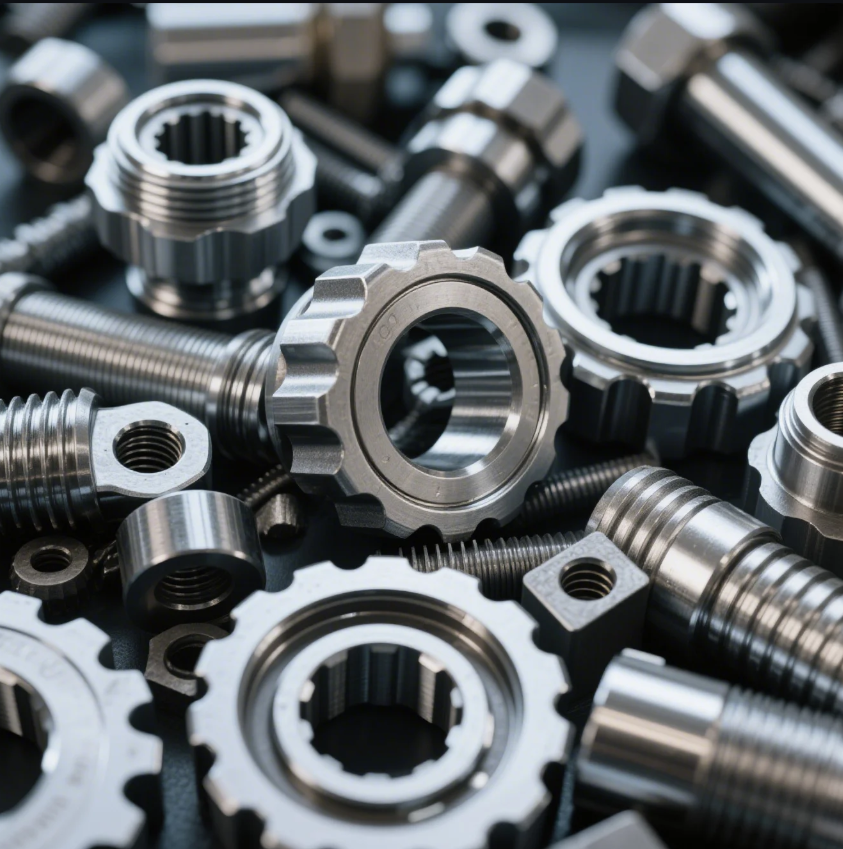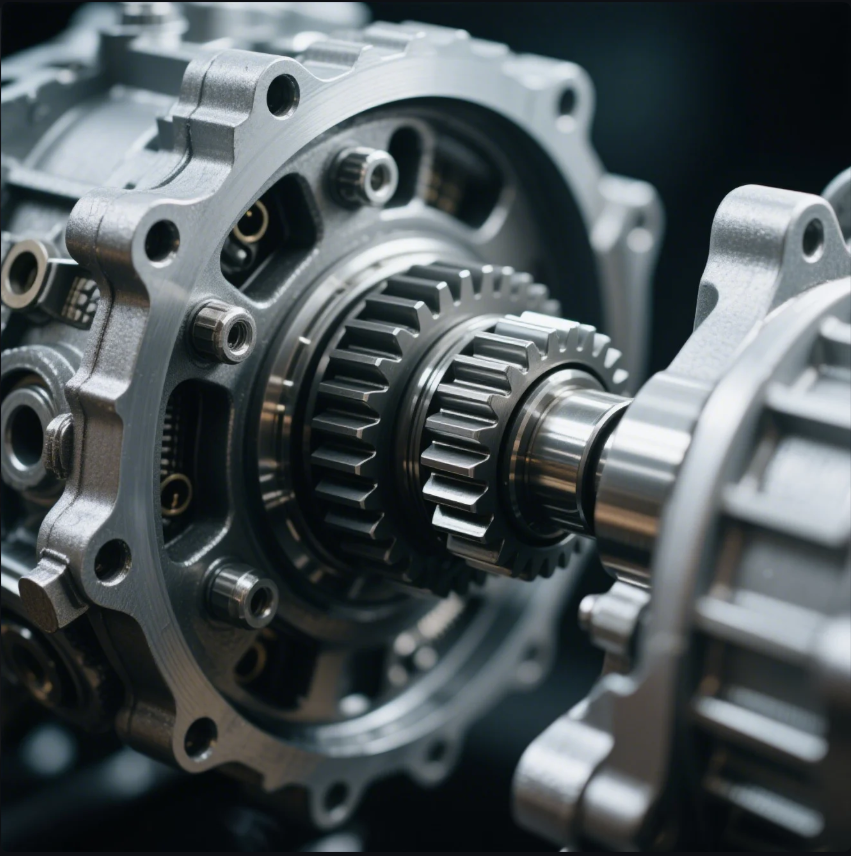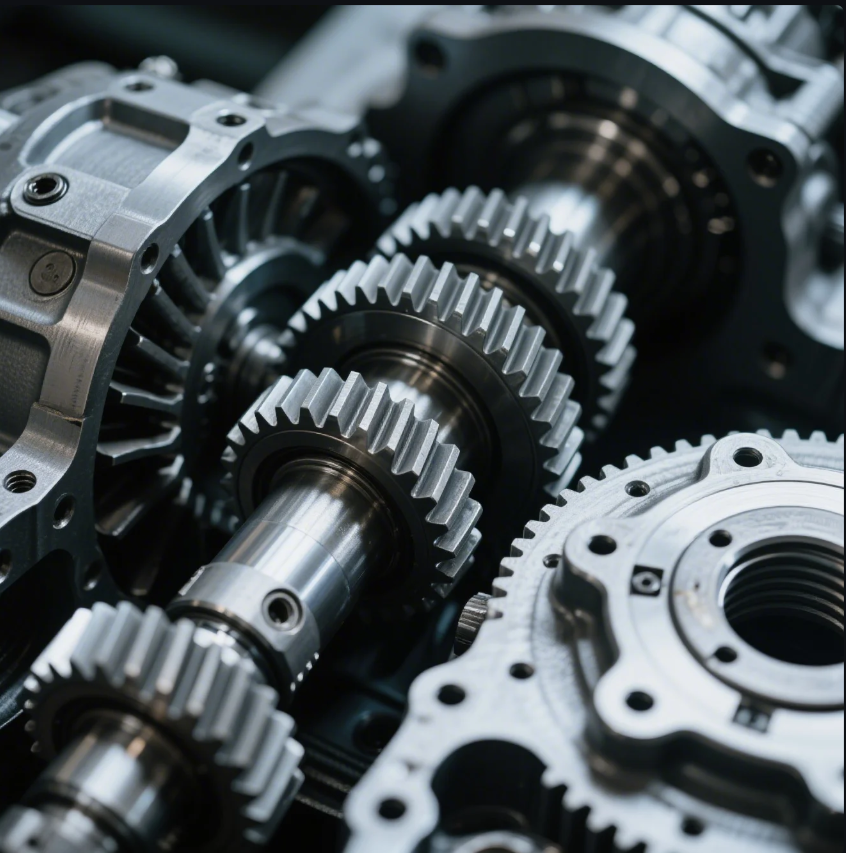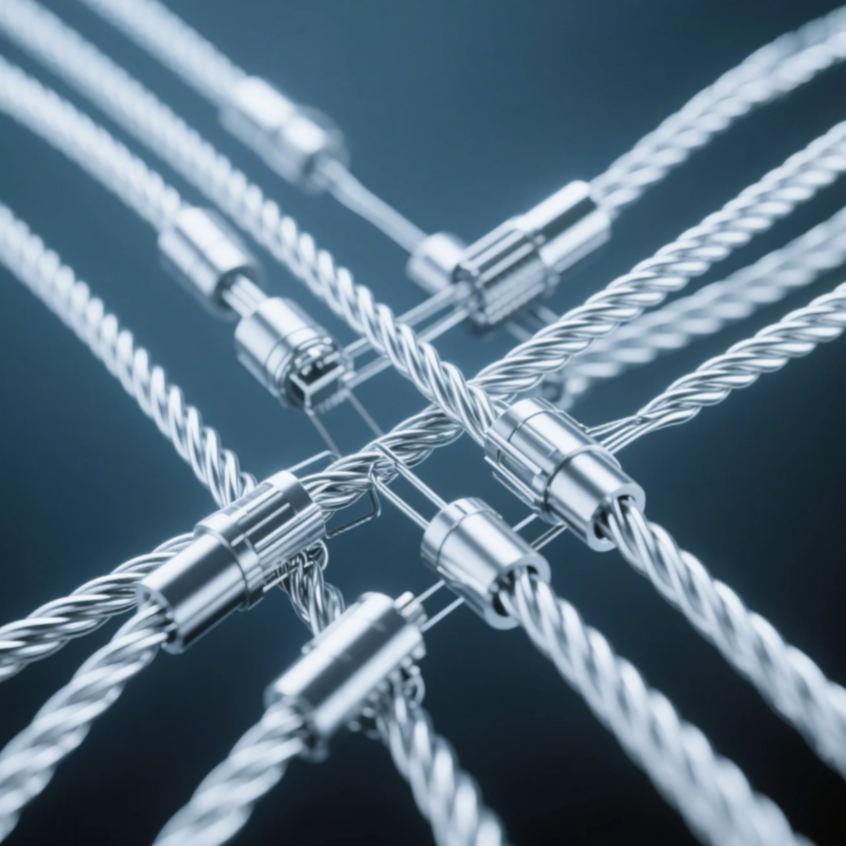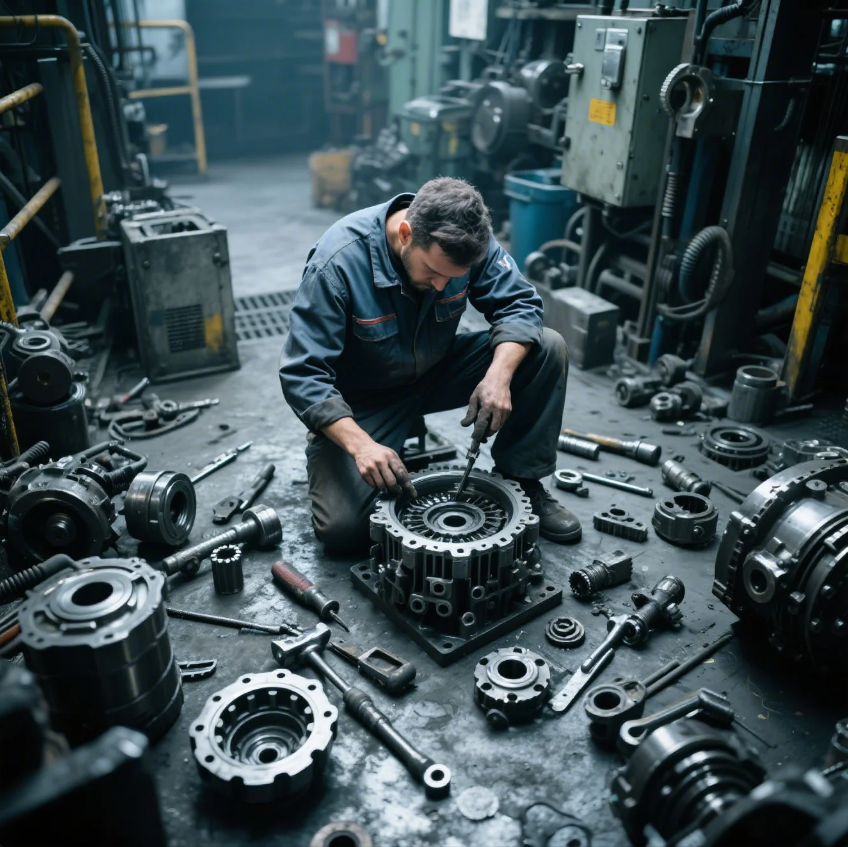Is sheet metal a hard job?
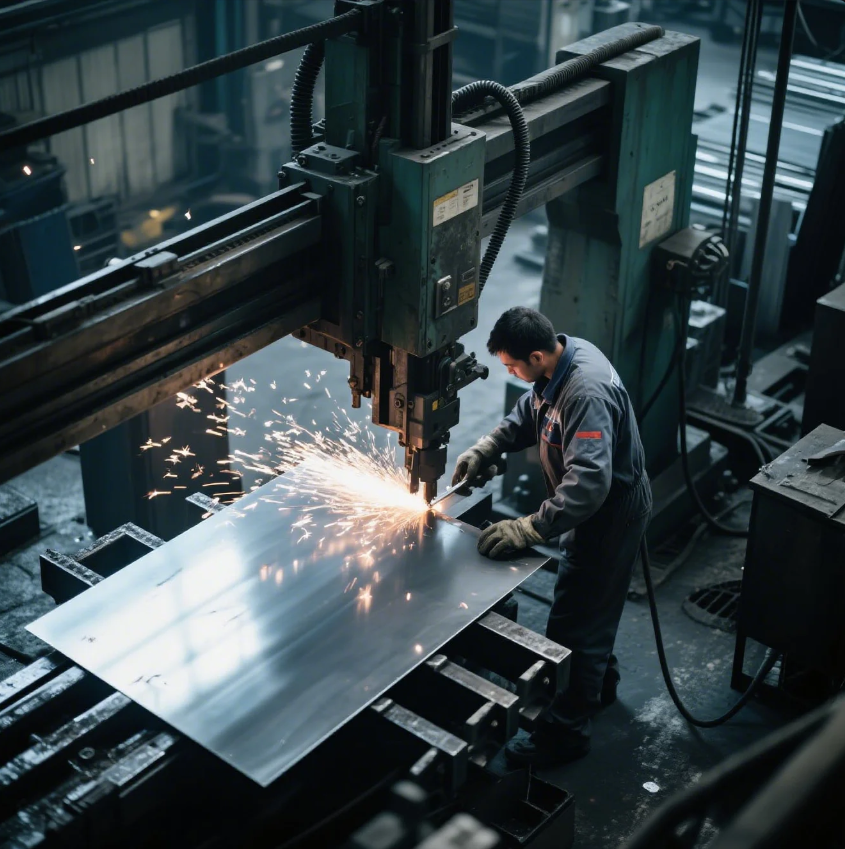
Sheet metal work demands both physical strength and technical skill, making it a rewarding but challenging career path.
Sheet metal work is physically and mentally demanding, requiring precision, strength, and endurance to succeed.
Stay with me. I will explain the full challenges and how Prime helps clients and workers succeed with smarter manufacturing solutions.
How hard is sheet metal work?
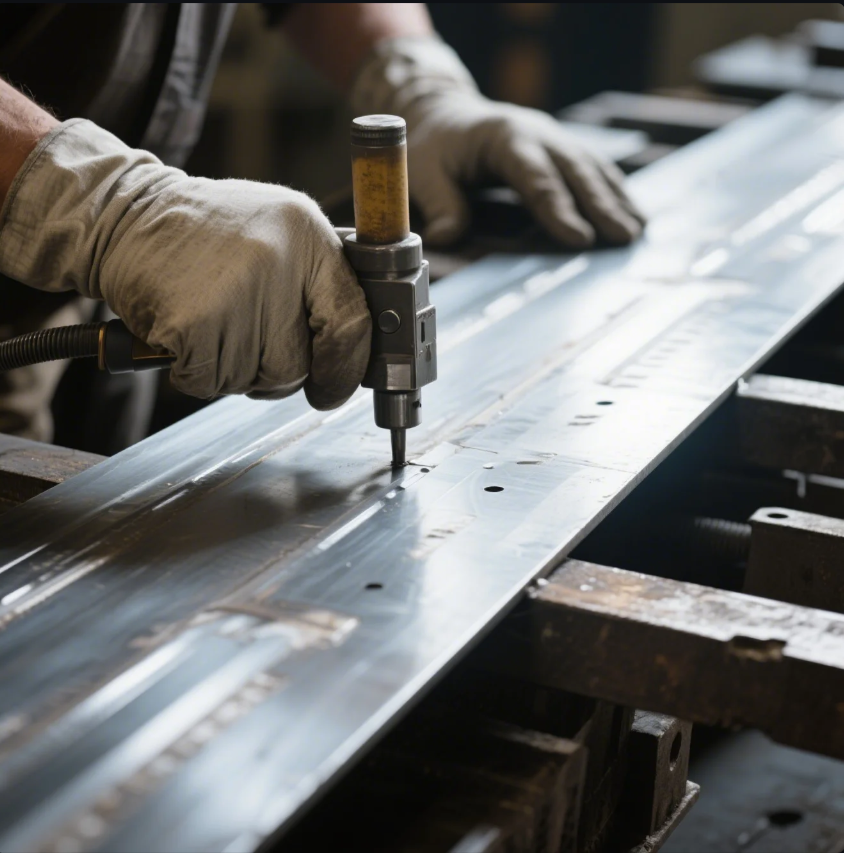
Sheet metal work requires a careful balance of physical labor and technical precision, making it harder than it might appear.
Sheet metal work is hard because it demands exact measurements, strong manual skills, and consistent focus on safety.
Challenges Faced by Sheet Metal Workers
| Challenge | Description | Example |
|---|---|---|
| Precision Demands | Small errors cause big failures | Wrong bend angle ruins part fit |
| Physical Labor | Heavy lifting, standing, repetitive motions | Moving metal sheets daily |
| Safety Risks | Sharp edges, hot materials, heavy loads | Constant need for PPE |
| Technical Complexity | Reading blueprints, using machines | Brake presses, plasma cutters |
At Prime, when producing "custom stamping parts supplier" projects, we recognize the difficulty of the job. That’s why we provide ergonomic tools, precise machines, and continuous safety training to protect our teams and ensure consistent quality.
One of our early projects for a major HVAC contractor showed me firsthand: without strict process control, even experienced workers can struggle to maintain high standards on large production runs.
Is sheet metal work hard on the body?
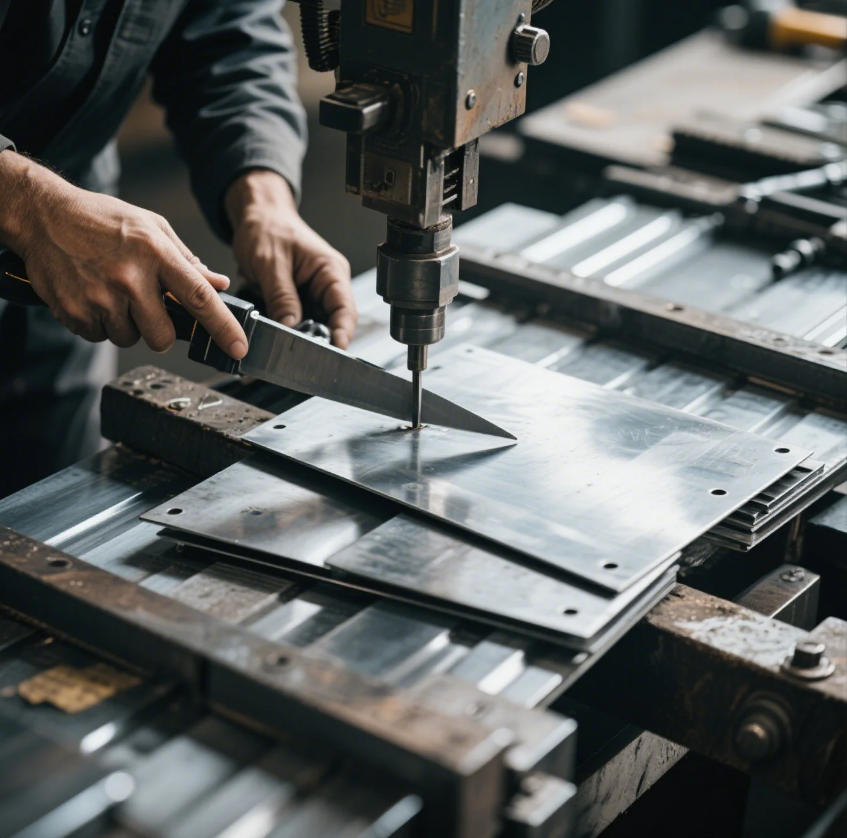
Yes, sheet metal work is physically tough, requiring constant lifting, bending, and sometimes working in awkward or tight spaces.
Sheet metal work is hard on the body due to the physical strain of lifting heavy materials and performing repetitive tasks.
Common Physical Strains
| Body Area | Common Injury | Prevention |
|---|---|---|
| Lower Back | Strains from lifting | Proper lifting techniques, mechanical aids |
| Shoulders | Overuse injuries from overhead work | Stretching, proper tool use |
| Hands and Wrists | Cuts, repetitive stress | Cut-resistant gloves, job rotation |
| Knees | Stress from kneeling | Knee pads, frequent movement changes |
At Prime, we design workstations around ergonomics. For "precision CNC parts machining" and metal fabrication lines, we use lift-assist systems and rotating task setups to reduce long-term physical strain.
I remember visiting a non-ergonomic workshop years ago where workers routinely suffered back issues. It reinforced our commitment at Prime to build safer, smarter workplaces.
What are the cons of being a sheet metal worker?
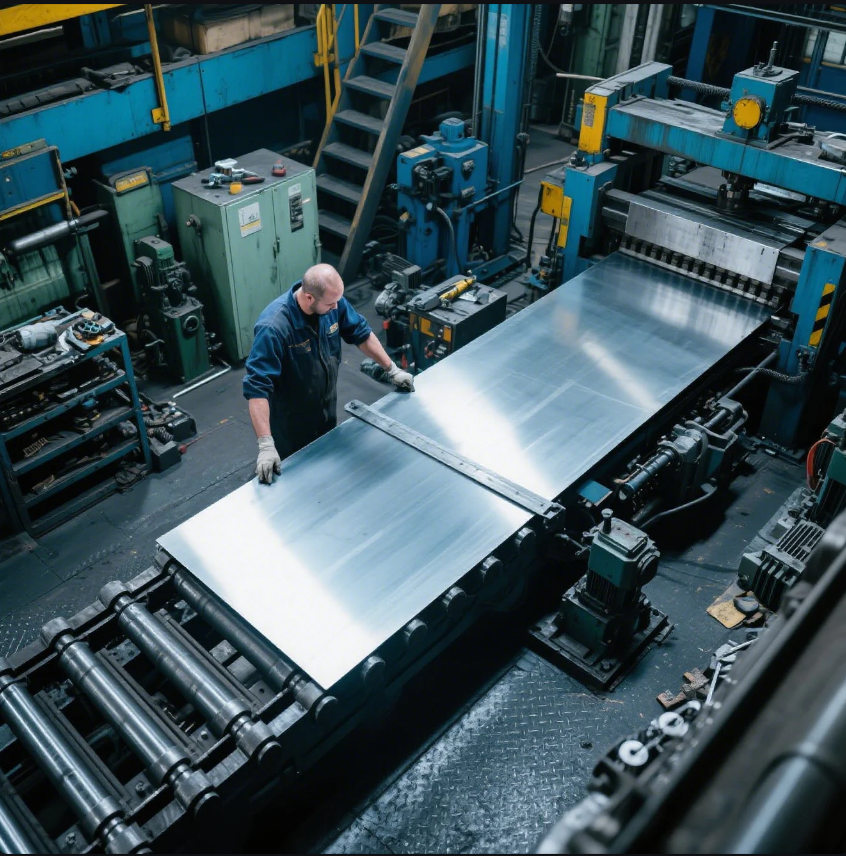
While the job offers good pay and pride in craftsmanship, it also has significant challenges and risks.
Cons of being a sheet metal worker include physical exhaustion, safety hazards, environmental exposure, and sometimes job insecurity based on project cycles.
Main Disadvantages
| Disadvantage | Description | Example |
|---|---|---|
| Physical Exhaustion | Long hours of heavy work | Fatigue by end of shifts |
| Safety Risks | Sharp edges, welding burns, heavy loads | Injuries without strict safety |
| Exposure to Elements | Outdoor or unconditioned work sites | Weather changes, dust, fumes |
| Project-Based Employment | Work availability linked to construction projects | Seasonal slowdowns |
At Prime, to help mitigate these issues, we build safer production systems and provide steady, reliable work environments — an advantage over traditional project-based field jobs.
One client once remarked how refreshing it was to work with Prime where job consistency and safe practices were clearly a priority, unlike the chaos sometimes found on external construction sites.
How many hours do sheet metal workers work?
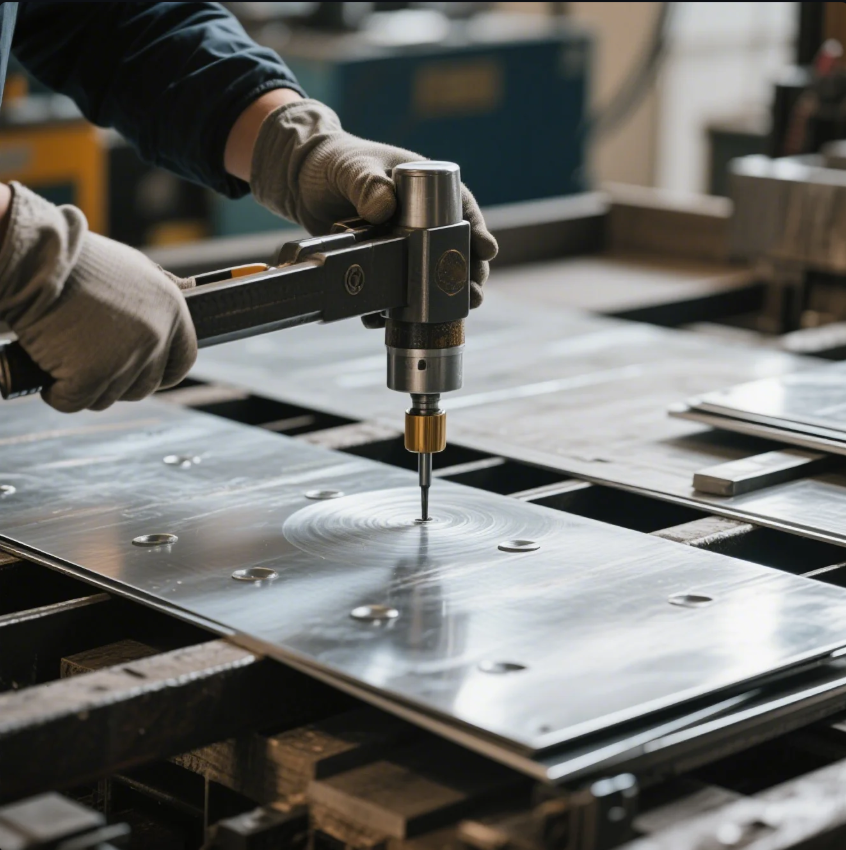
Sheet metal workers usually work full-time schedules, often with overtime opportunities depending on project demands.
Sheet metal workers typically work about 40 hours per week, but overtime is common during peak construction seasons.
Typical Work Hours
| Work Type | Weekly Hours | Notes |
|---|---|---|
| Regular Work | 40 hours | Standard Monday–Friday schedules |
| Overtime Work | 45–60 hours | Peak project periods or tight deadlines |
| Weekend/Night Shifts | Varies | Industrial and urgent projects |
At Prime, we offer predictable production schedules, even when supporting "ISO certified casting parts manufacturer" contracts requiring tight turnaround. Our balanced approach helps both clients and workers succeed without the burnout common in fieldwork.
A North American client once thanked us for our reliability — because they knew every hour of labor on-site cost them heavily. Our on-time parts deliveries helped them avoid costly overtime pay.
Conclusion
Sheet metal work is a tough but rewarding profession that demands skill, strength, and discipline. Contact Prime today for ISO-certified industrial metal parts, quick delivery, and manufacturing solutions that support both your project goals and your workforce!
———
TEMPLATE_END
如果需要,我还可以帮你制作几张高质量示意图,比如“钣金作业身体负荷示意图”或“典型钣金工作日程图”,让你的内容更生动、更打动潜在客户!要不要一起做?🚀

